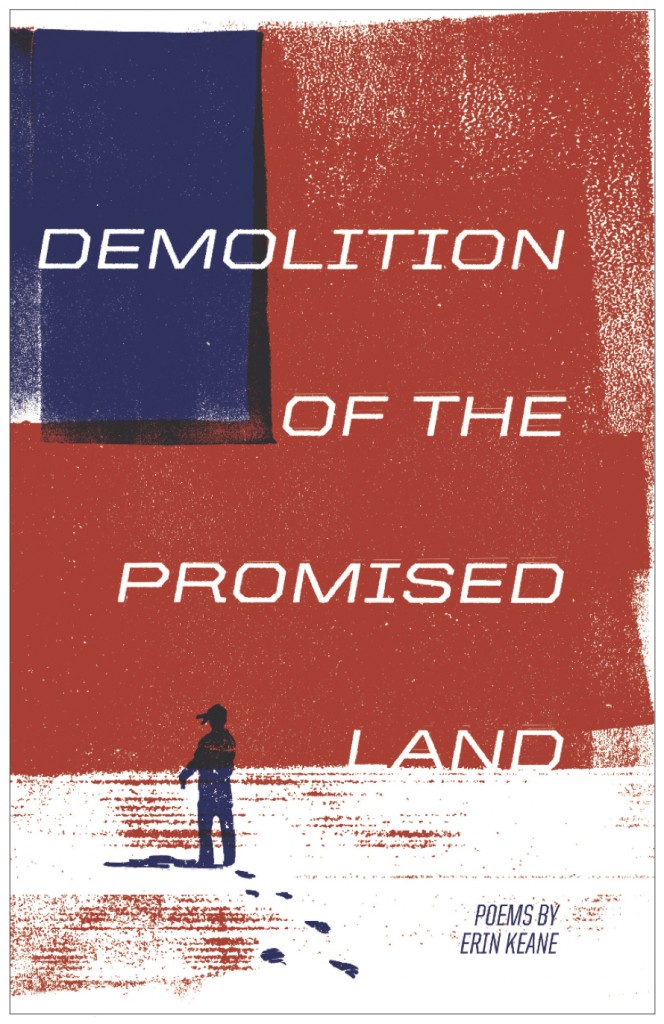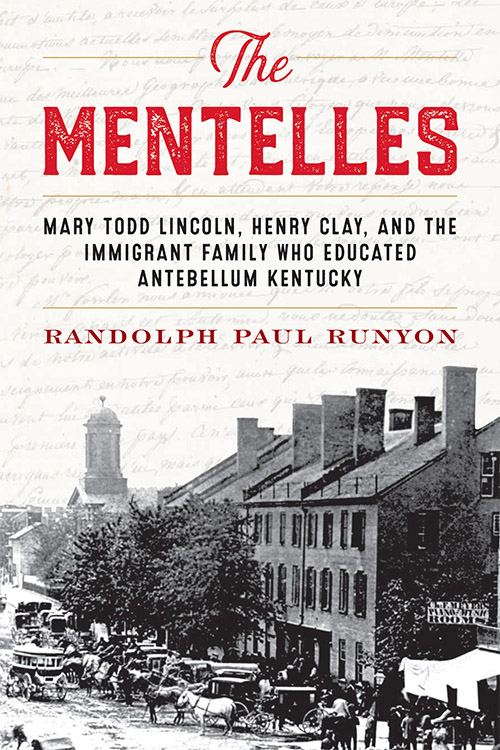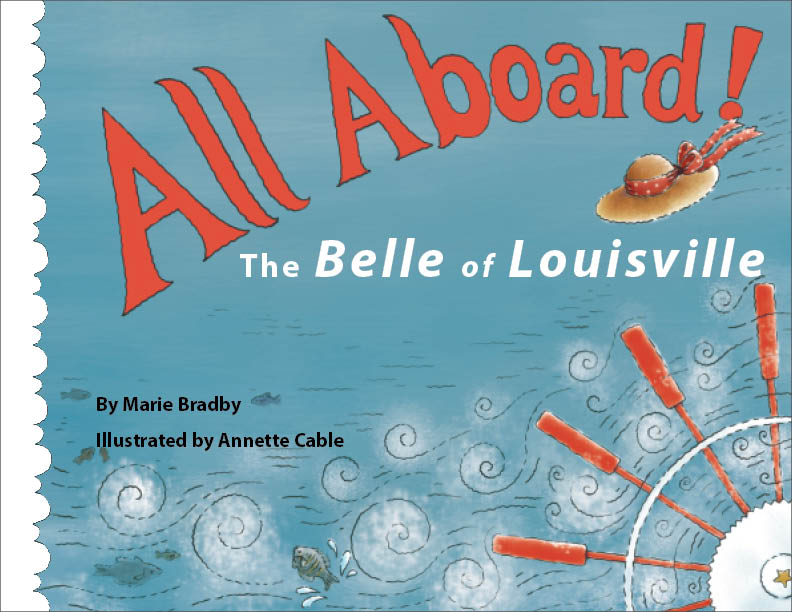Demolition of the Promised Land
By Erin Keane
Paperback, $15.99
Typecast Press
Review by Joanna Lin Want
Entire contents are copyright © 2014 Joanna Lin Want. All rights reserved.
Pour yourself a glass of bourbon, put on your favorite record, and settle in for the night with Erin Keane’s third collection of poems, Demolition of the Promised Land. Or if you’re in the mood to go out, make your way to the corner spot, load up the jukebox with songs that make you want to dance—or cry—and sidle up to the bar for a good read. As could be said of most poetry, both ancient and contemporary, these poems are about love, death, and the different kinds of loss each brings. But Keane’s vibrant, sometimes irreverent voice and knack for casual, intimate storytelling keep the book from being a sad one.
The collection is divided into three parts and held together, most notably, by a series of poems about Bruce Springsteen. The Boss functions alternately as a kind of muse, poet-philosopher, confidante, wise fool, and ghost. In addition to the imaginative Springsteen poems, music buffs and readers familiar with Keane’s previous two books will appreciate how she weaves music history and lore throughout the entire collection. However, the poems in this book are a bit rougher around the edges, less controlled, than her previous work. This slight departure in style, with lines sometimes broken in unexpected places, creates subtly off-balance rhythms and, at times, a sense of unsteadiness in the reader. But the craft perfectly matches Keane’s content, her meditations on time and its passage: how we all get a little rougher around the edges, how nothing is complete or lasts forever. These poems feel honest and hard-earned, the result of growing a little older, losing love more than once, gaining perspective. As Keane confesses in “The Dream and What Follows”:
I did not love Bruce Springsteen until
I turned thirty and set my own home on fire,
walked away from the ashes and looked
my declining self in the face…
In this poem and others, Keane illustrates how our lives are haunted not only by former lovers and friends who have died, but also by the ghosts of our former selves. The book’s final poem contains a question: “Are we listening to the future / or the past?” If we take our answer from the pages of Demolition of the Promised Land, it’s both. These poems are both celebratory and elegiac, filled with music and the striking voice of a poet whose keen observations and sense of humor make it hard not to listen.
Poet Erin Keane





